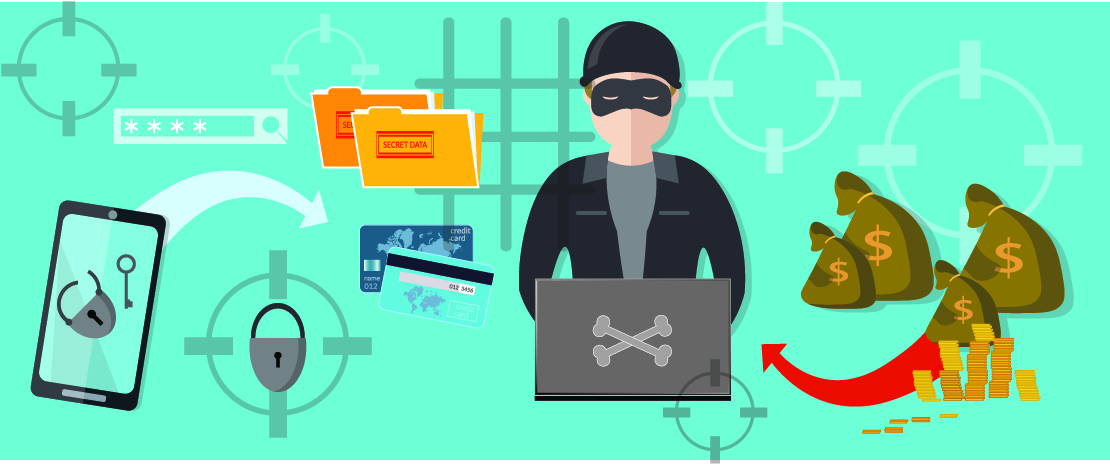Imposter Scams: Know the Signs and Protect Yourself

Posted on January 29, 2024
Many companies, including Hawaii State FCU, are seeing an uptick in imposter scams. An imposter scam uses “spoofing,” posing as a legitimate individual or business, to convince a target that they are communicating with a trusted source. Upon gaining the victim’s trust, they attempt to obtain sensitive information. Spoofing legitimate businesses can occur via email, text and even over the phone.
Some Hawaii State FCU members have recently reported receiving imposter scam calls, made to look like they are originating from the credit union. The caller attempts to convince the member to share Digital Banking credentials or other personal information. If the scammer succeeds, they can make unauthorized charges or lock the member out their account by changing the password.
The Federal Trade Commission (FTC) reported that imposter scams were the second-highest type of fraud reported in 2022, accounting for more than 14% of all fraud incidents reported throughout the year. Nearly $2.7 billion was lost nationwide as a result of imposter scams*. With this type of fraud becoming more common, here are some important tips you can use to avoid becoming a victim.
Tips for When You Suspect an Imposter Scam
- Think twice before sharing personal information: Hawaii State FCU employees will never call, text, or email asking for your sensitive information, including your full debit card number or PIN, or your Digital Banking password or one-time pass code (used for multi-factor authentication (MFA)). If anyone contacts you asking for sensitive personal and financial information, especially your Social Security Number (SSN) or account details, it’s most likely a scam.
- Treat unexpected calls with suspicion: Hang up immediately if someone you weren’t expecting contacts you and requests credit union account information, even if the caller ID says “Hawaii State FCU” or “HSFCU.” Scammers can spoof their phones to make calls look like they’re originating from Hawaii State FCU, including the correct phone number. Contact Hawaii State FCU on your own to verify if calls are legitimate.
- Scammers may use your own information to trick you: Sometimes fraudsters obtain some of your information, like an account number or username, and then attempt to have you verify the password. Never provide your Digital Banking username, password, or one-time code to anyone, even if they claim to be from Hawaii State FCU and are able to read off information about your account.
- Don’t click on links in suspicious texts or emails: If you receive a suspicious email or a text message claiming to be from Hawaii State FCU, don’t respond or reply. Do not click on any links or open any attachments. The links might download malware to your device.
- Legitimate requests won’t ask for sensitive information: Legitimate attempts by Hawaii State FCU to confirm credit or debit card activity only require a simple response (YES or NO) via text. Do not call back the number that sent you the text. Immediately call our Member Service Call Center to verify suspicious communication.
If you find any suspicious activity on your Hawaii State FCU accounts or suspect fraud, please report it immediately by calling our Member Service Call Center at (808) 587-2700 on Oahu or U.S. Toll-Free at (888) 586-1056.
*Source: Federal Trade Commission Consumer Sentinel Network Data Book 2022, February 2023.


